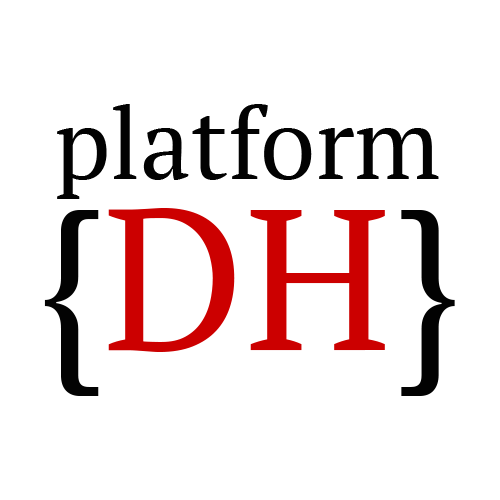Antwerp Spring Academy in DH 2014
S.R.213 Rodestraat 14 (via ingang Lange Winkelstraat), Antwerpen, Antwerpen, BelgiumPython
The focus is on text analysis using the popular scripting language Python, which is rapidly becoming the standard programming language for computational text analysis in digital Humanities.
Covered topics include: basic text processing tasks; using text-mining toolkits such as Pattern and NLTK; applications of text processing (e.g., sentiment mining, topic classification, automatic clustering); XML parsing (e.g., TEI-XML) in Python.
For the workshop, the instructors will make use of a so-called Python notebook – a successful and engaging teaching format. Python notebooks are a course book and coding ‘sandbox’ at once. Experience with previous EADH and DARIAH-DE Summer Schools in Nijmegen and Göttingen has shown that this format is extremely engaging for researchers who have had no significant exposure to digital methods yet.



